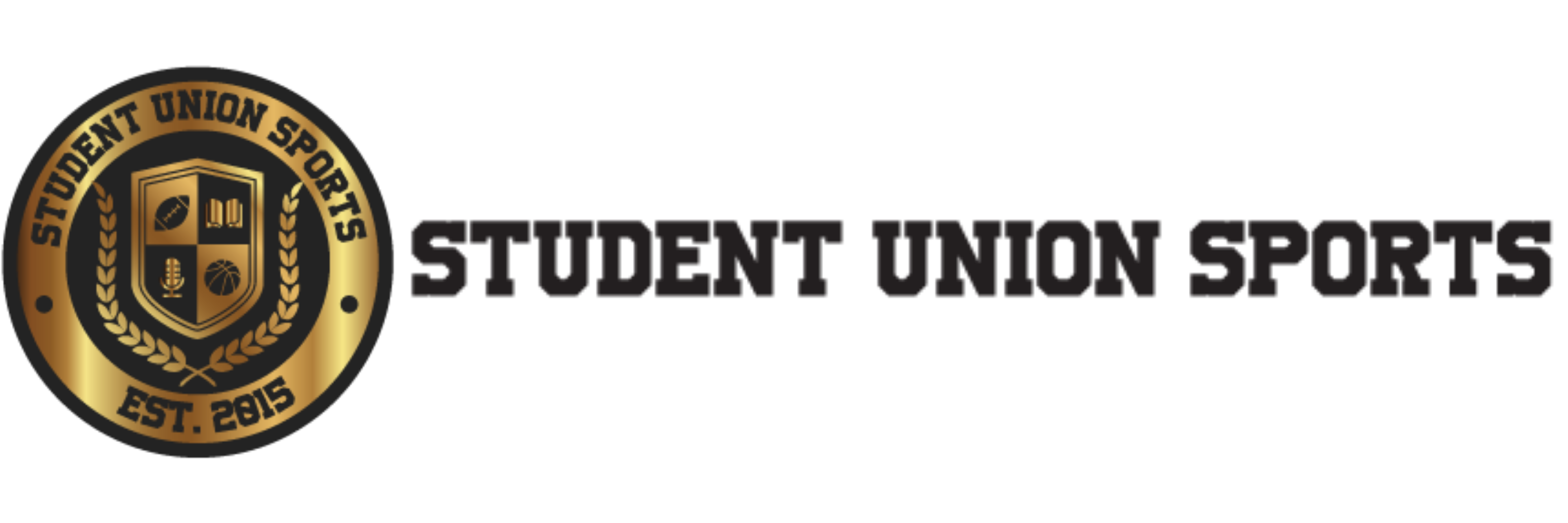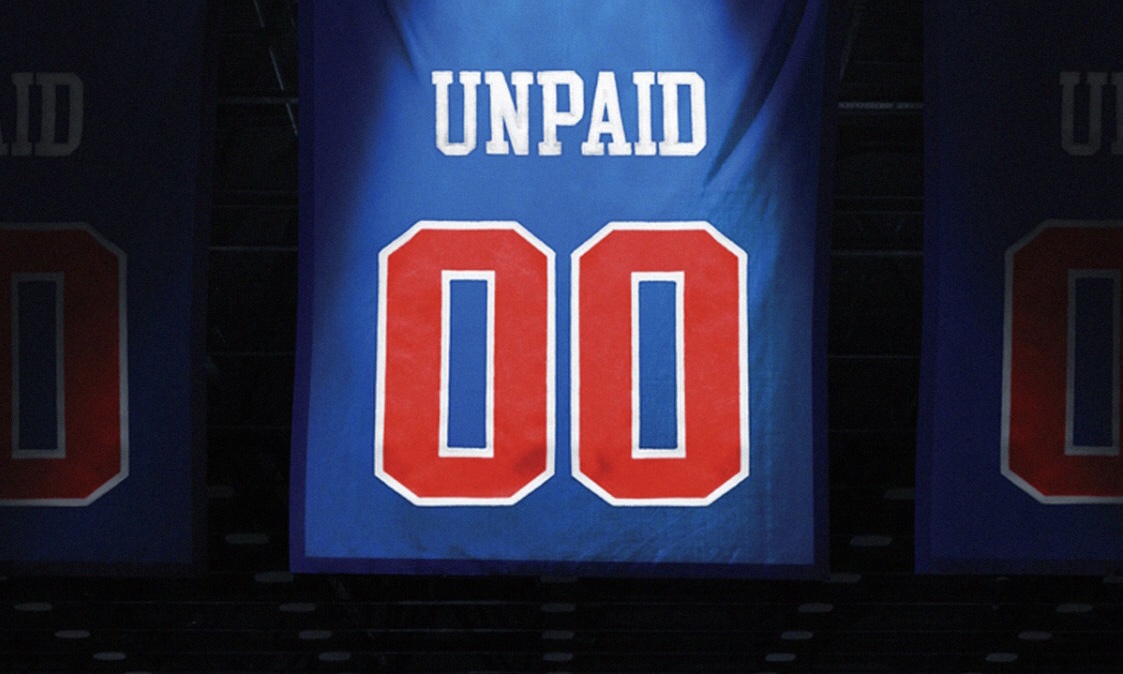
Student athletes are hard to compensate due to their disparity in value. In professional sports, everyone is worth something on the open market, but in college that is not necessarily the case. Some athletes are compensated above their market value by receiving a degree.
The current system is far from the answer. Paying athletes nothing while earning billions on their bodies can be considered slavery.
However, universities should not be the ones footing the bill. Brands are more than willing to spend money on college sports, and the athletes deserve to see those profits.
Paying student athlete’s school funds would sink many schools financially. Using university funds would increase the competition gap in college sports. This would also violate Title IX, which has no plans of going away.
Who it benefits
At Washington State University, the university that I attend, there is a massive financial deficit. We would not be able to pay a single student athlete, but with sponsorships can instead offer a chance to play in the Pac-12 which has more visibility to sponsors and scouts.
Gardner Minshew II, star quarterback from WSU, would have earned at least six-figures this season without costing WSU a dime. Nike was selling WSU shirts with Minshew II’s mustache on them.
WSU is not a special case. Many other schools market their star players, without compensating the player in the slightest.
Johnny Manziel famously exposed the NCAA for selling jerseys with nickname and number, while suspending him for getting paid for his own autograph.

Coming out of high school, Andrew Wiggins was offered a $93 million contract by Adidas for when he made it into the NBA. Wiggins was being hailed as the next Lebron. Wiggins left millions of dollars on the table to be a Jayhawk for a season. The NCAA made bank off of his decision.
Sponsorships would not only fairly compensate players while they are in school, but would help teach them money management. This also allows for some athletes to earn their market value without forcing universities to shell out thousands of dollars to backups, or sports with lower viewerships.
Not all student athletes are students
The idea that an education is fair compensation for a one and done player is ludicrous.
Athletes who attend schools for sports are not really students. Students attend a university for a degree. Degrees require a multitude of unwanted stress and hoops to jump through that athletes should not have to deal with.
The NCAA requires at least one year in school. They should allow athletes to get what they deserve during that year. The NCAA loses high value athletes to their rules every year. Allowing sponsorships creates a positive experience for everyone involved.
Conclusion
Athletes should earn a share of the revenue that they generate. Zion Williamson would be earning upwards of $10 million including endorsements in the NBA. Forcing him to work for free is downright thievery.
Athletes have short careers and should be able to market themselves just like anyone else. Title IX prevents directly paying players, but it should not prevent compensating them.
While paying for an education is more than enough for some players, it is not close to sufficient to some of the most vital pieces to the NCAA. Amateur status is an invalid excuse to earn billions of dollars off of young people’s bodies.




